
A galaxy called GLIMPSE-16403, is by no means confirmed as a Population III host. But the identification of even a candidate suggests that it's only a matter of time before we finally locate the first stars in the Universe.

To lay the foundations for a lunar navigation system, NASA's Lunar GNSS Receiver Experiment (LuGRE) has successfully received global positioning system (GPS) signals beamed from Earth's orbit.

Radio astronomers see what the naked eye can't. As we study the sky with telescopes that record radio signals rather than light, we end up seeing a lot of circles.
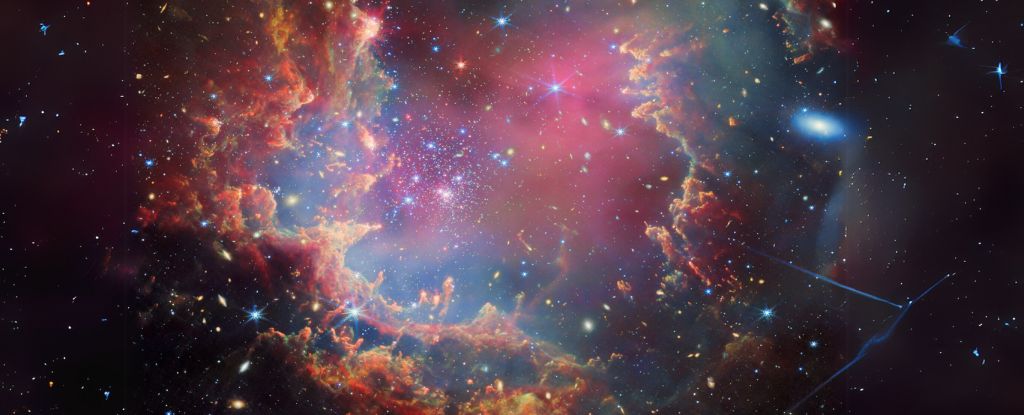
Life's most vital elixir may have formed within 200 million years of the Big Bang, new research suggests.
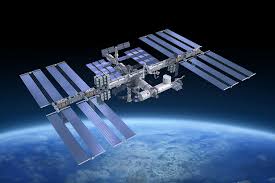
Astronauts often experience immune dysfunction, skin rashes, and other inflammatory conditions while traveling in space. These issues could be due to the excessively sterile nature of spacecraft.
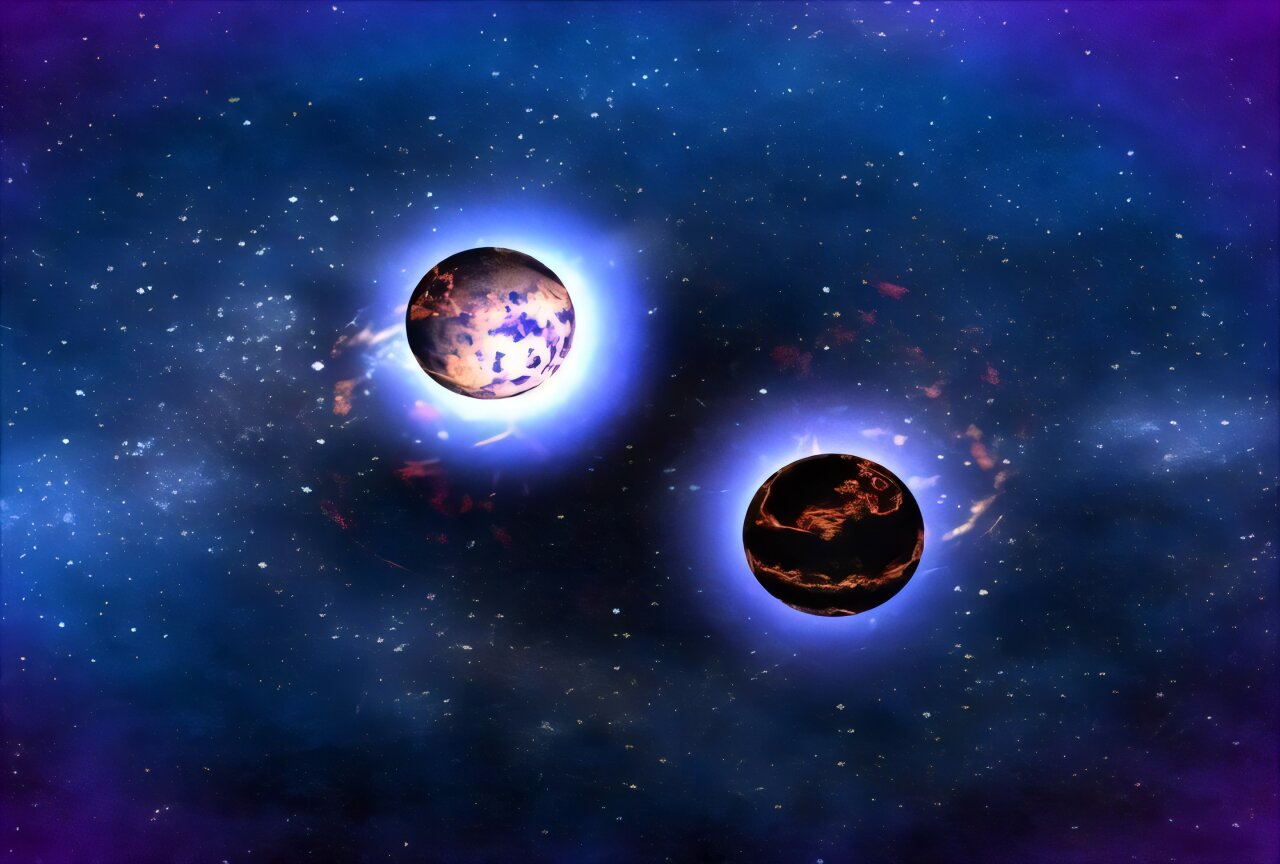
Ultrahigh Energy Cosmic Rays are the highest-energy particles in the universe, whose energies are more than a million times what can be achieved by humans.
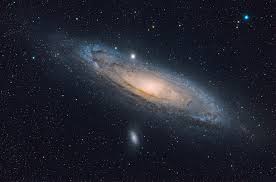
Located 2.5 million light-years away, the majestic Andromeda galaxy appears to the naked eye as a faint, spindle-shaped object roughly the angular size of the full Moon.

Speedy’ planets orbiting faster in smaller orbits around white dwarfs are warmer than expected and more likely to maintain habitable conditions than the planets around the sun-like stars.
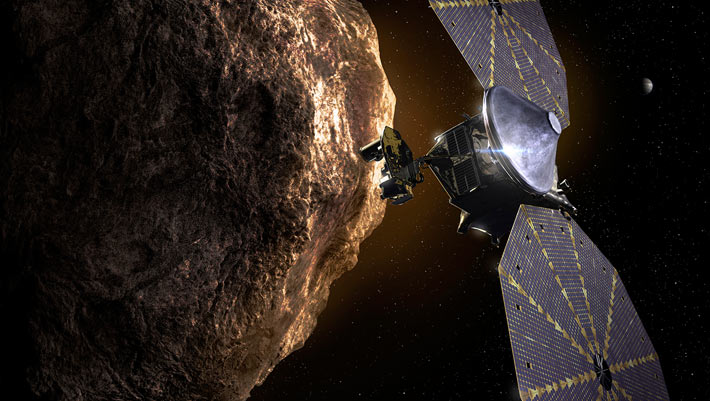
NASA's Lucy spacecraft will fly by the small asteroid Donaldjohanson on April 20, 2025.

When you look around the Universe you live in, it looks like a 3D space, just like the surface of the Earth looks like a 2D space. However, just like the Earth, if you were to look at the Universe as a whole, it could be a more complicated space.
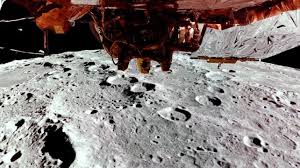
Firefly’s Blue Ghost lunar lander softly touched down in Mare Crisium carrying 10 NASA instruments.

In 2007, astronomers discovered the Cosmic Horseshoe, a gravitationally lensed system of galaxies. New research reveals the presence of an Ultra-Massive Black Hole in the foreground galaxy with a staggering 36 billion solar masses.

Data from Chinese Zhurong rover provide an unprecedented look into rocks buried near a proposed shoreline billions of years old. The researchers claim to have found beach deposits from an ancient Martian ocean.
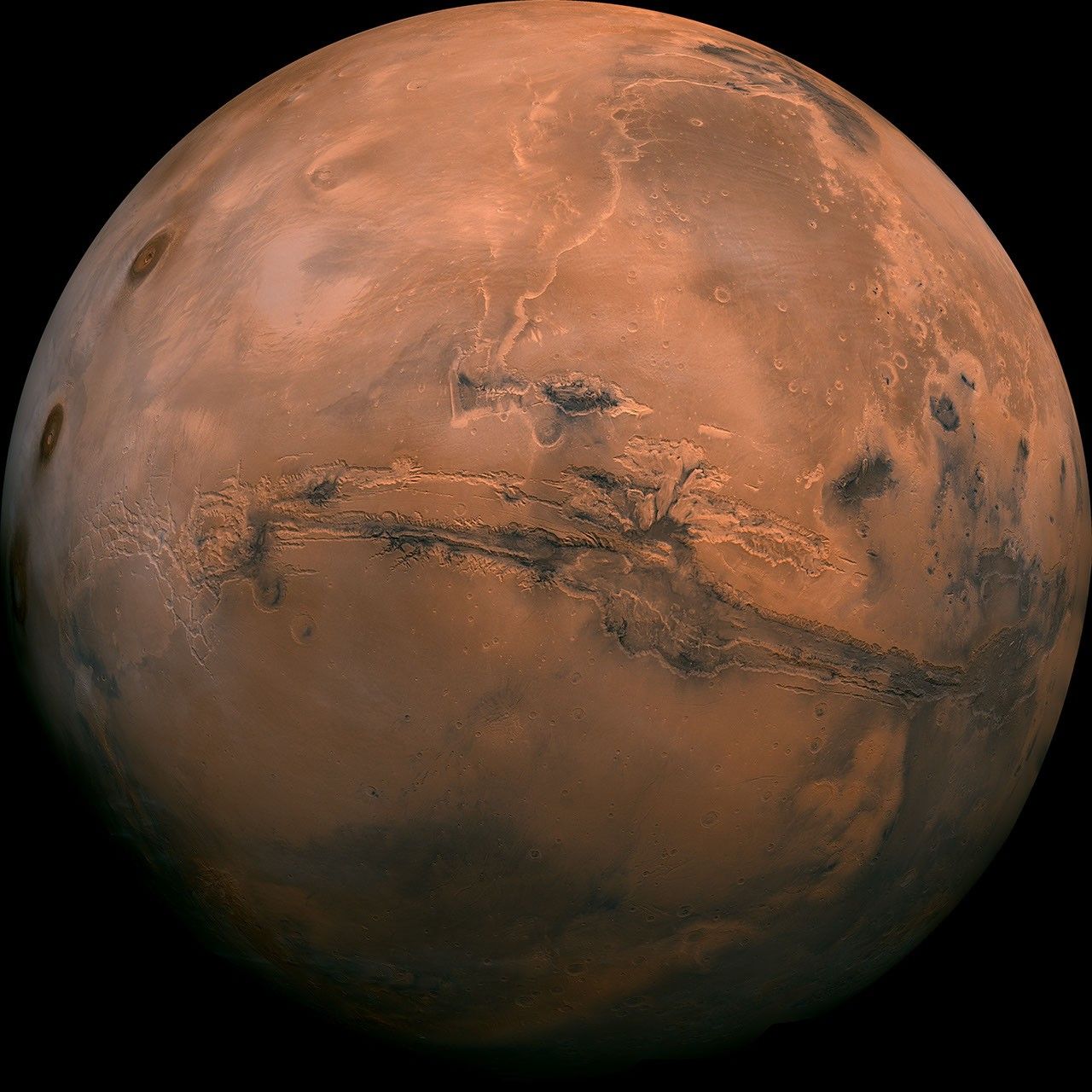
A new international study partially funded by NASA on how Mars got its iconic red color adds to evidence that Mars had a cool but wet and potentially habitable climate in its ancient past.
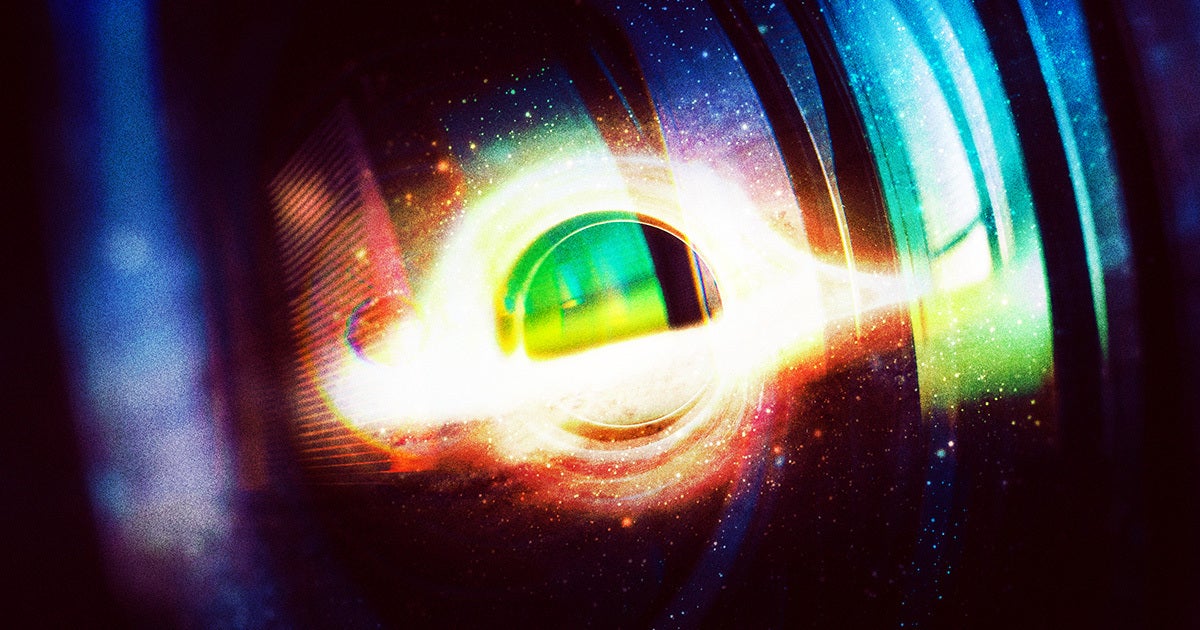
Using the James Webb Space Telescope, scientists witnessed a brilliant light show at the heart of our Milky Way galaxy.